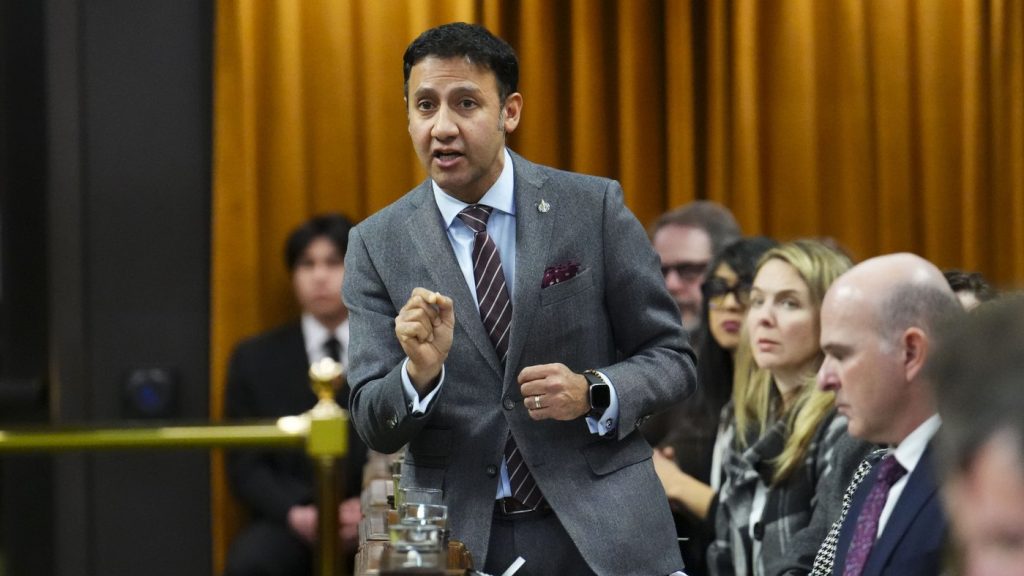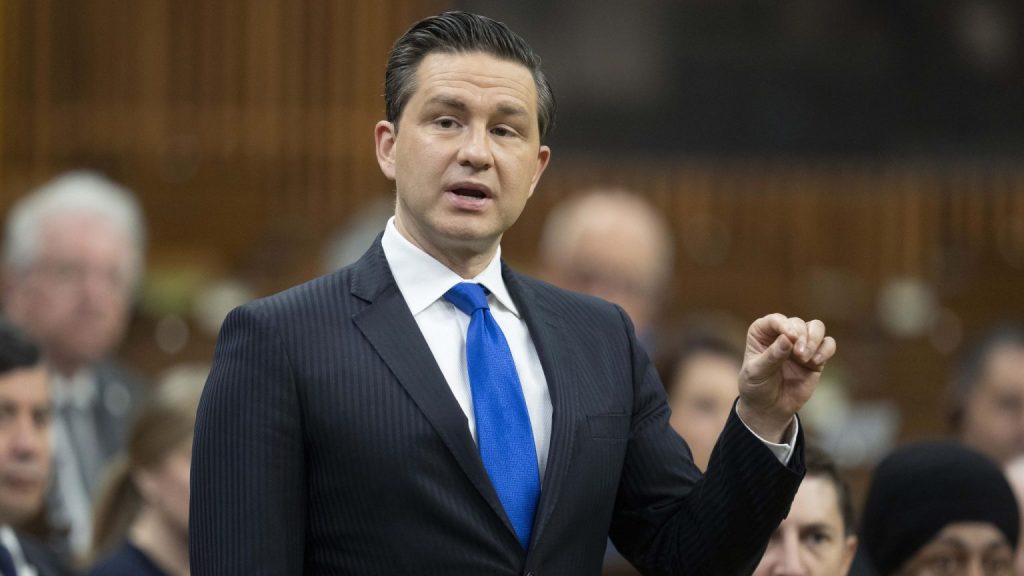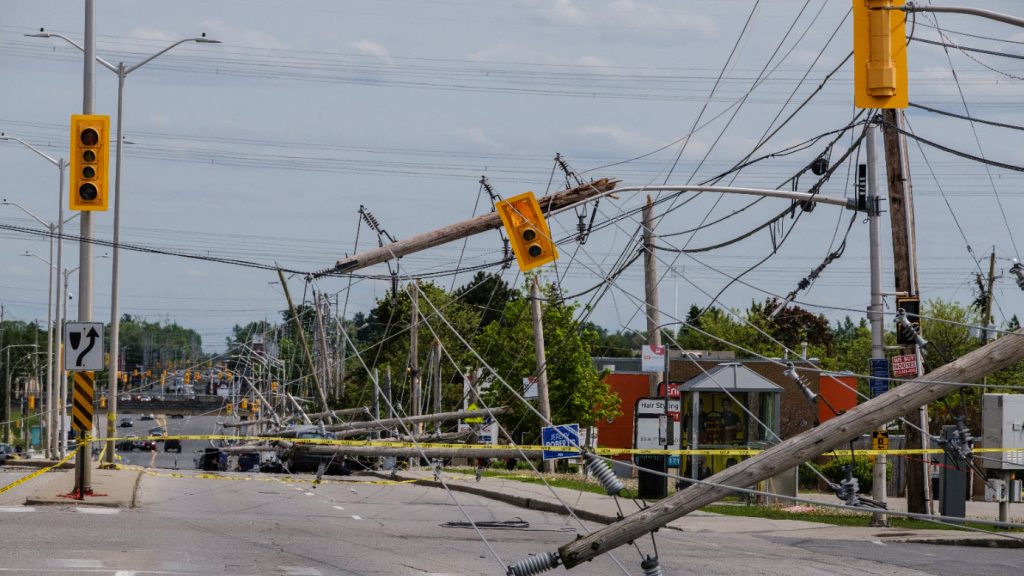Online harms bill coming next week, PM says; promises focus on kids, not censorship

Posted Feb 21, 2024 03:25:51 PM.
Last Updated Feb 21, 2024 03:25:56 PM.
Prime Minister Justin Trudeau says his long-promised legislation to protect Canadians against online harms is coming as early as next week.
Trudeau announced the latest timeline at a news conference in Edmonton, saying the bill would be be focused on protecting children.
“Kids are vulnerable online to hatred, to violence, to being bullied to seeing and being affected by terrible things online,” he said.
“We need to do a better job as a society of protecting our kids online the way we protect them in schoolyards, in our communities, in our homes across the country.”
Trudeau also pushed back against Conservative Leader Pierre Poilievre, who has slammed the legislation as nothing less than a plan to police speech online.
Poilievre has also accused the Liberals of promoting censorship through its previous efforts to regulate social media giants.

The government has spent years working on the legislation, Trudeau said, adding that it would be “very, very specifically focused on protecting kids and not on censoring the internet.”
The legislation is also expected to pave the way for a new ombudsperson to field public concerns about online content, as well as a new regulatory role that would oversee the conduct of internet platforms.
The new positions would be established as a part of the forthcoming legislation, which the government had hoped to unveil by April, said one senior official with knowledge of the plan.
“It’s very nearly ready to go,” said the source, who has seen a draft of the legislation. The source spoke on condition of anonymity in order to discuss details that have yet to be made public.
Canadian children ‘less protected’
Online safety and technology experts have for months been pressuring the governing Liberals to present the long-promised legislation, which is aimed at protecting Canadians — in particular minors — from online danger.
Canadian children are currently less protected than kids living in the United Kingdom, the European Union and Australia, where such laws currently exist, they warn.
High-profile cases of sextortion, including the death of a 12-year-old B.C. boy who took his own life last year after falling prey to an online sextortion scheme, have prompted renewed urgency from advocates, as well as the federal New Democrats.
Trudeau first promised the measure during the 2019 election campaign, but a bill targeting online hate speech died on the order paper when he triggered an early election in 2021.
Justice Minister Arif Virani would be the one to introduce the new bill, which he has vowed would strike the right balance between offering protections to Canadians while upholding the right of freedom of expression.
Privacy experts and civil liberties groups roundly criticized the government’s proposal from 2021, which included a requirement that gave online platforms just 24 hours to remove content flagged as harmful.
Such a threshold would have risked encouraging companies to take an overly cautious approach, removing acceptable material pre-emptively for fear of running afoul of the rules, they warned.
Worries bill could be used to target Muslims
Organizations like the National Council of Canadian Muslims also expressed concerns that efforts to target terrorist-related online content — one of the bill’s stated goals, according to Trudeau — could disproportionately impact its members.
The government ultimately went back to the drawing board and assembled a new group of experts to advise it on how best to proceed. The source said the bill proposes “two very narrow instances of a takedown” of online material: images of child sexual abuse and the non-consensual sharing of images.
The advice also included establishing a regulatory role that would hold online platforms accountable for the content they host and impose penalties on services that fail to do so.
The proposed regulator would have a mandate to ensure online giants comply with federal law, the official said.
The role of the new ombudsperson would be to field concerns from ordinary Canadians who encounter problematic material or scenarios online.
In a recent speech to the Canadian Bar Association, Virani said he was confident the government could legislate measures to promote an online world where “users can express themselves without feeling threatened or fuelling hate.”
“It also means requiring online services to address and mitigate the risk of such harmful content on their platforms, as well as to give users tools and resources to report harmful content and seek help,” he said.
Poilievre has already signalled his concerns with the idea of a new regulator, because it would raise questions about who the government would appoint to fill such a role.
This report by The Canadian Press was first published Feb. 21, 2024.








